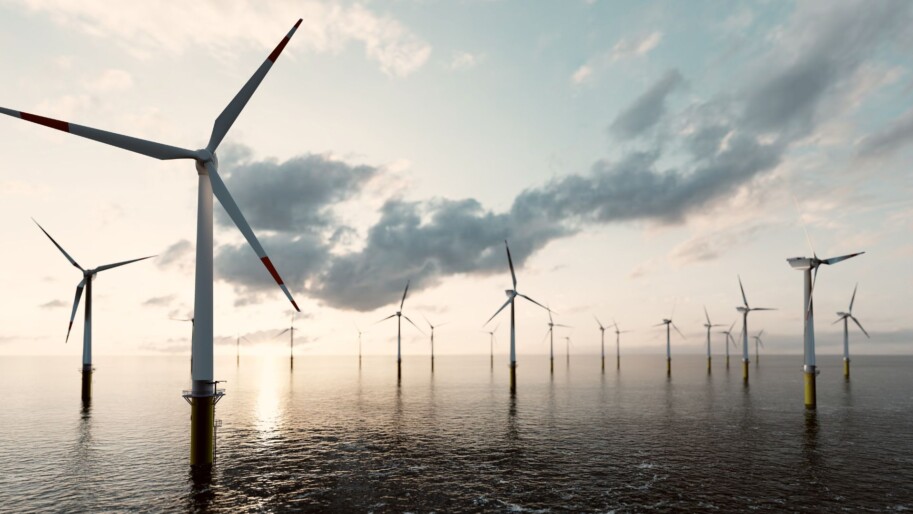1. Existing law, the California Coastal Act of 1976, requires anyone wishing to perform or undertake any development in the coastal zone, except as specified, in addition to obtaining any other permit required by law from any local government or from any state, regional, or local agency, to obtain a coastal development permit from the California Coastal Commission (Commission) or a local government with a certified local coastal program, as provided. The act authorizes the commission to process and act upon a consolidated coastal development permit application if a proposed project requires a coastal development permit from both a local government with a certified local coastal program and the commission and if the applicant, the local government, and the commission consent to consolidate the permit action.
This bill would require the Commission to process a consolidated coastal development permit for any new development that requires a coastal development permit and that is associated with, appurtenant to, or necessary for the construction and operation of offshore wind energy projects and transmission facilities needed for those projects.
2. Existing law, the California Environmental Quality Act (CEQA) requires a lead agency, as defined, to prepare, or cause to be prepared, and certify the completion of an environmental impact report on a project that it proposes to carry out or approve that may have a significant effect on the environment or to adopt a negative declaration if it finds that the project will not have that effect. CEQA also requires a lead agency to prepare a mitigated negative declaration for a project that may have a significant effect on the environment if revisions in the project would avoid or mitigate that effect and there is no substantial evidence that the project, as revised, would have a significant effect on the environment.
This bill would require the State Lands Commission to be the lead agency for purposes of CEQA for offshore wind energy projects and to prepare, or cause to be prepared, all environmental documents required by law. The bill would require the California Coastal Commission and the State Lands Commission to coordinate with relevant federal agencies to encourage and facilitate the preparation of joint environmental documents pursuant to CEQA and the federal National Environmental Policy Act of 1969 for proposed offshore wind energy projects.
3. Existing law requires the California Energy Commission (CEC), in coordination with specified state entities and other relevant federal, state, and local agencies, to develop a strategic plan for offshore wind energy developments installed off the California coast in federal waters, and requires the CEC to submit the strategic plan to the Natural Resources Agency and the Legislature on or before June 30, 2023.
This bill would:
- Establish the California Offshore Wind Energy Fisheries Working Group and would require the working group to be composed of the California Coastal Commission, representatives of the Department of Fish and Wildlife, the State Lands Commission, the Ocean Protection Council, representatives of the commercial fishing industry, representatives of the offshore wind energy industry, representatives of relevant federal agencies, and other stakeholders as appropriate;
- Require the California Coastal Commission, in coordination with the Department of Fish and Wildlife, to convene the working group on or before January 1, 2025, for the purpose of developing a statewide strategy for ensuring that offshore wind energy projects avoid and minimize impacts to ocean fisheries to the maximum extent possible, fully mitigate unavoidable impacts, and fairly compensate persons engaged in commercial and recreational fishing for economic impacts to ocean fisheries resulting from offshore wind energy projects;
- Require the statewide strategy to include best practices for addressing impacts to commercial and recreational fisheries associated with offshore wind energy projects, as specified, and to be completed on or before January 1, 2026;
- Require an applicant seeking approval or concurrence from a state agency for an offshore wind energy project to comply with the terms, recommendations, and best practices established in the statewide strategy;
- Require the working group to develop a framework for compensatory mitigation for unavoidable impacts on commercial and recreational fisheries and the public associated with offshore wind energy projects, including specified payments to compensate members of the commercial fishing industry and the public for lost revenues and other impacts of the project;
- Require these payments to include, among other things, support for one-time investments for fishermen to strengthen the existing fleet to make it more resilient, compensation for commercial fishermen for personal property losses caused by offshore wind energy projects and for lost economic activity due to reduced fishing grounds, and financial assistance for coastal cities and counties and tribal communities;
- Prohibit the State Lands Commission from leasing land under its jurisdiction for purposes of an offshore wind energy project unless these payments are incorporated within the rent charged to the lessee;
- Create the Offshore Wind Energy Resiliency Fund and would require the State Lands Commission to deposit the portion of rent paid by a lessee of state lands for an offshore wind energy project that is derived from the above-described payments in the fund;
- Make moneys in the fund available, upon appropriation by the Legislature, for the purposes for which the payments are made.
Full bill text and related info.

